The Department for Transport (DfT) has officially announced the implementation of a Zero Emissions Vehicle (ZEV) mandate slated to take effect next year.
This mandate will insist that 22% of cars and 10% of vans sold by manufacturers must be purely electric-powered, emitting zero tailpipe emissions.
Transport Secretary Mark Harper has provided further details regarding the evolving targets for manufacturers, which will progressively increase. The initial mandate requires 80% of new cars and 70% of new vans sold in Great Britain to be zero-emission by 2030, with a subsequent goal of reaching 100% by 2035.
Manufacturers who fall short of meeting the ZEV mandate sales targets will be subject to fines. The DfT has introduced a system that offers proposed flexibilities and credits to support manufacturers with lower sales of electric vehicles (EVs).
Failure to meet the target will result in a financial penalty imposed by the government, amounting to £15,000 for each non-compliant car. For vans, manufacturers will face a £9,000 penalty per vehicle in the first year, with this figure rising to £18,000 throughout the remainder of the mandate.
Although the DfT has adjusted the original trajectory for electric van sales, it maintains the appropriateness of implementing a 10% target starting in 2024.
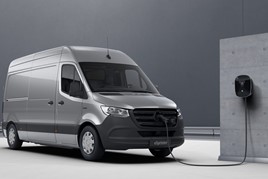 Harper said: “The path to zero emission vehicles announced today makes sure the route to get there is proportionate, pragmatic, and realistic for families.
Harper said: “The path to zero emission vehicles announced today makes sure the route to get there is proportionate, pragmatic, and realistic for families.
“Our mandate provides certainty for manufacturers, benefits drivers by providing more options, and helps grow the economy by creating skilled jobs.
In the initial year, car manufacturers will be allowed to borrow for up to 75% of their annual target, decreasing to 25% by 2026. This adjustment aims to provide support during the early stages of the mandate.
The DfT has designed the mandate as a market-based and tradable scheme, meaning that compliance will not be assessed through direct monitoring of vehicle sales. Instead, manufacturers will be allocated 'allowances,' permitting them to sell a specific number of non-ZEVs each year, mirroring the inverse of the ZEV target. These allowances will be expended for each non-ZEV vehicle sold.
Manufacturers who exceed the required ZEV sales (thus selling fewer non-ZEVs than allocated) will accumulate spare allowances, which they can trade on the open market to manufacturers struggling to meet their ZEV targets.
Gerry Keaney, chief executive at the British Vehicle Rental and Leasing Association (BVRLA), added: “Last week’s announcement by the Prime Minister created a wave of uncertainty. Businesses planning their decarbonisation journeys need to be sure of their destination and deadline.
"This ZEV mandate clarity will wrestle back some of the confidence that last week’s Phase-Out delay dented.
“The decarbonisation divide is growing. The company-provided car sector is well on its way and will be fully ZEV ahead of official targets. Others face much harder transitions.
"Vehicle rental, the retail market, and commercial vehicles have a mountain to climb if they are to adopt zero-emission vehicles in the volumes required. Targeted financial support and incentives will play a vital role.
In the first half of 2023, 16% of all new cars sold were electric. Only 11 car makers exceeded the proposed 22% target for EV sales, however, and a third of all the EVs sold in the UK between January and July came from just three brands.
Which brands will find the ZEV Mandate hardest to hit? Find out here.
Sue Robinson, chief executive of the National Franchised Dealer Association (NFDA), said dealers are committed to helping the UK in reaching net-zero and reducing emissions within transport, but the government’s decision today to keep ZEV mandate unchanged "generates concern", and consumers will need incentives to buy EVs.
 "These ambitious registration targets will create a difficult trading environment in conjunction with the recent decision to push back the ban of petrol and diesel vehicles from 2030 to 2035."
"These ambitious registration targets will create a difficult trading environment in conjunction with the recent decision to push back the ban of petrol and diesel vehicles from 2030 to 2035."
"As the consumer facing end of the industry, franchised dealers will have to continue to push for electric vehicles to meet these targets whilst the recent five-year delay will likely damage consumers demand for electric vehicles.
"For vans, NFDA embraces the revised trajectories. This adjustment better aligns with market demand and establishes more attainable objectives within the sector.”
“NFDA expressed that the proposed targets were too ambitious for areas such as Northern Ireland, which are extremely underprepared in terms of electric vehicle infrastructure, with only 1% of UK chargers being installed in the province. We therefore welcome these regulations not applying to Northern Ireland while the Assembly at Stormont is not sitting. Today’s decision gives the sector in Northern Ireland time to catch up to the rest of the UK.
“Franchised dealers play a vital role in the transition to electric vehicles, contributing significantly to EV sales within the UK and investing millions into the transition to electric. We are committed to supporting consumers throughout this journey, ensuring they have access to the information needed to make the switch to electric. However, it is crucial that government policies align with these efforts to create a seamless transition”.

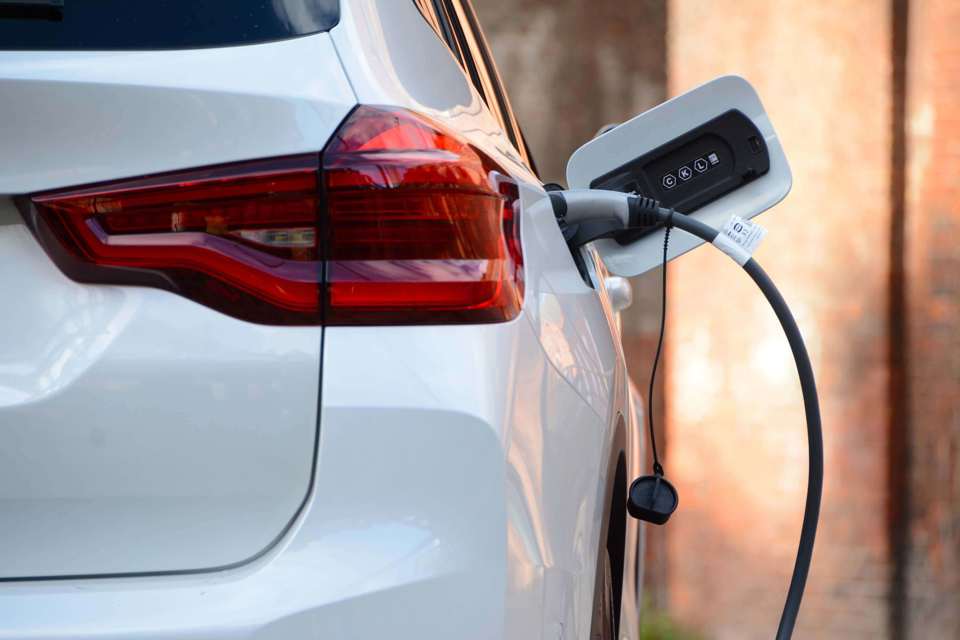



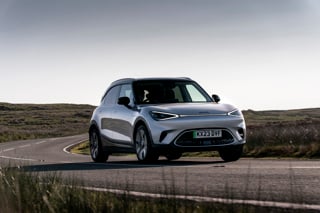

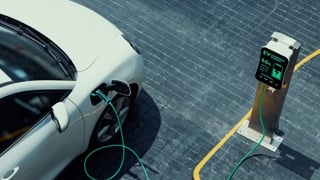

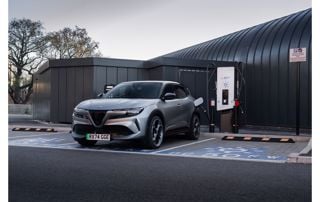












Login to comment
Comments
No comments have been made yet.